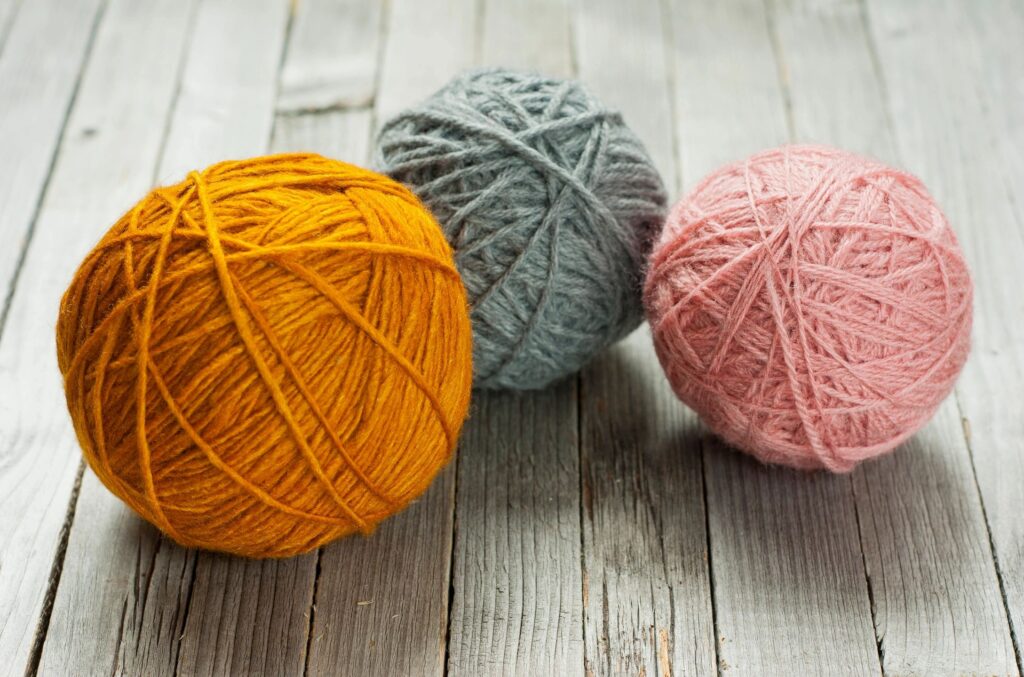Behavioral Psychology
Crochet, Crafts and Mental Health
If you’re looking for a new hobby to take up, consider crochet. Why? The results of a recently published study from researchers in Australia give some possible reasons. In that study, the researchers surveyed over 8,000 crocheters to learn about how people saw the hobby as affecting their mental health. The vast majority of the…
Read MoreFive Hours of Sleep a Night Biases People Toward Negative Interpretations
We all know that nothing good comes from cutting sleep out of your life. First, there are the cognitive effects. Sleep deprivation influences people’s performance in ways similar to alcohol consumption, which is what makes drowsy driving similarly dangerous to drunk driving. Then there’s the simple feeling of tiredness, having to get through the day…
Read MoreDrinking Alone Can Be a Warning Sign in Young People
One of the things about alcohol is that where and how you consume it matters a great deal. Having a beer with a friend? Generally a fun and healthy thing to do. Having a beer while driving? A horrible idea. Having a beer while surfing the internet? Better, but still probably not advisable. Who you…
Read MoreThe Demographics of Humor
Humor is a funny thing. Different people use it in different ways. I’ve touched on this topic in some previous blog posts. People with high self-esteem, for example, tend to use humor to build relationships with others. Undertakers, on the other hand, tend not to use it much at all. Now, a new study from…
Read More2 Reasons Self-Control and Forgiveness Go Hand-in-Hand
Forgive and forget? Easier said than done, but also easier to do if you have high levels of self-control, it turns out. Previous psychology studies have repeatedly pointed to a link between people’s levels of self-control and their capacity for forgiveness. That link appears to be especially strong when “forgiveness” is seen in terms of…
Read MorePeople With “Dark Triad” Personality Traits Aren’t Necessarily Emotionally Cold
You might suspect that people who engage in callous or manipulative behavior would tend to be emotionally colder. Intuitively, that could even be a plausible explanation as to why those individuals would be more likely to treat others poorly. A new study suggests, however, that it’s not necessarily the case. For the sake of science,…
Read MoreSome Types of Sedentary Behavior Might Be Worse Than Others for Mental Health
Here’s a question that’s still up for debate among psychology researchers: just how bad is sitting around, really? On one hand, there’s a definite connection between sedentary behavior and mental health risks. One study found, for example, that people’s life satisfaction drops when they’re asked to limit their physical activity for a week. At the…
Read MoreDo Children Imitate Differently Across Cultures?
Children have a lot to learn, and one of the ways they meet that formidable challenge is by imitating others. They’ll imitate the good things see. They’ll imitate the bad things they see. As I’ve written about before, they’ll even imitate robots. What’s less clear is whether children in different cultures practice the art of…
Read MoreWhy Gun Owners Are Happier (Hint: It’s Probably Not the Guns)
Decades of psychology researchers has converged on the conclusion that the key to happiness is … owning a gun? Not quite. But as the authors of a new study on happiness and gun ownership point out, there has been plenty of speculation in that vein going back to when the Beatles released their song Happiness…
Read MoreThe Dietary Habits of Optimists
It’s solidly established that there appears to be a link between optimism and physical health. This can be seen, for example, from the fact that people with higher levels of optimism tend to encounter fewer health problems as they age. Multiple explanations have been put forward for why seeing the world through rose-tinted glasses might…
Read More








